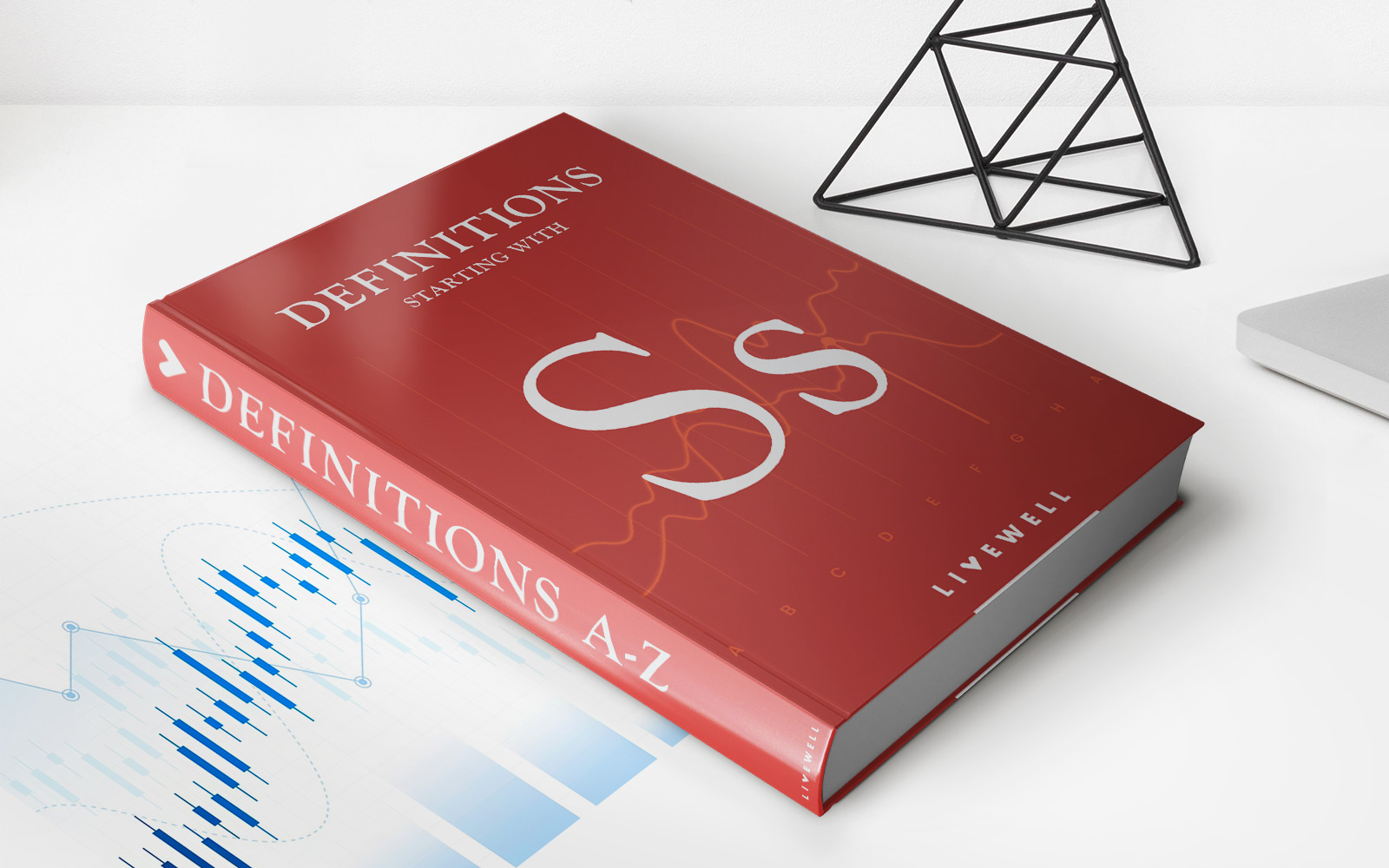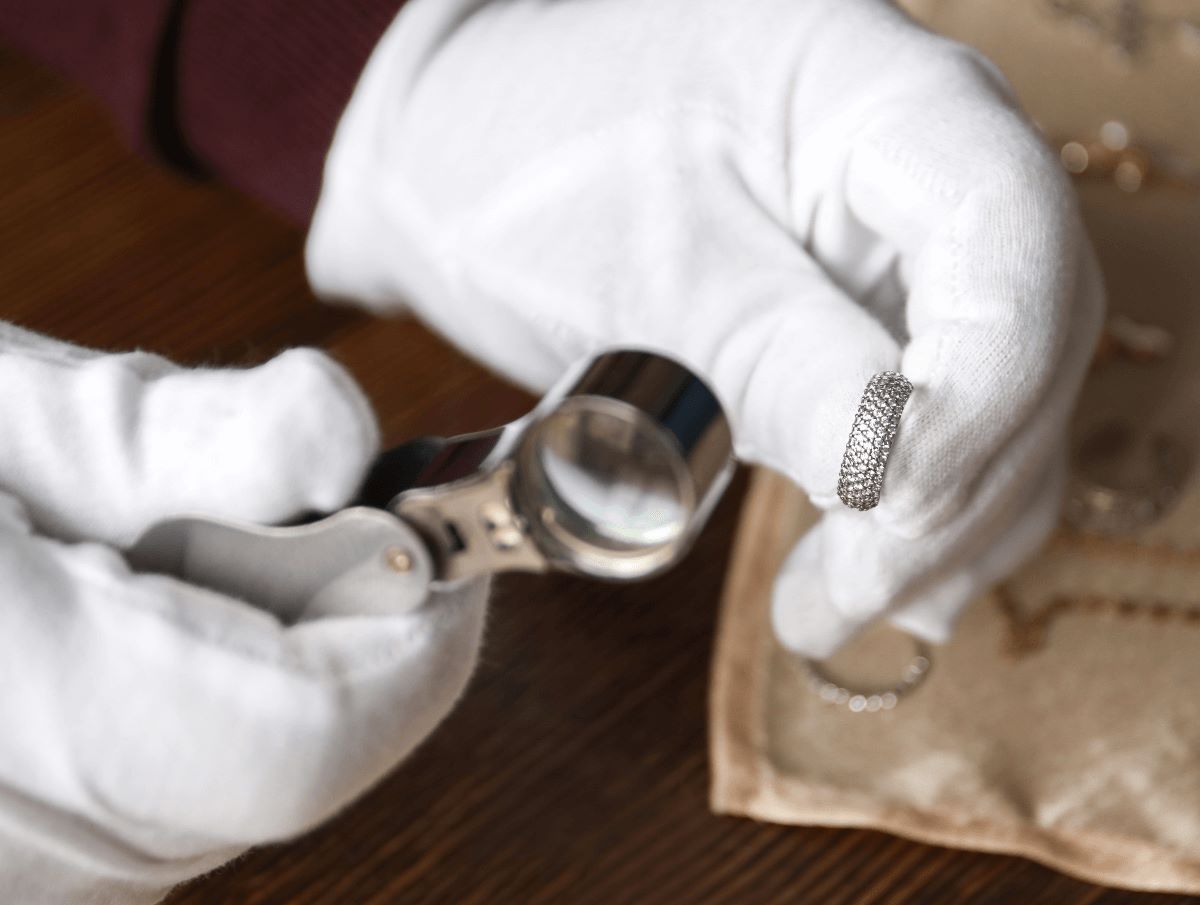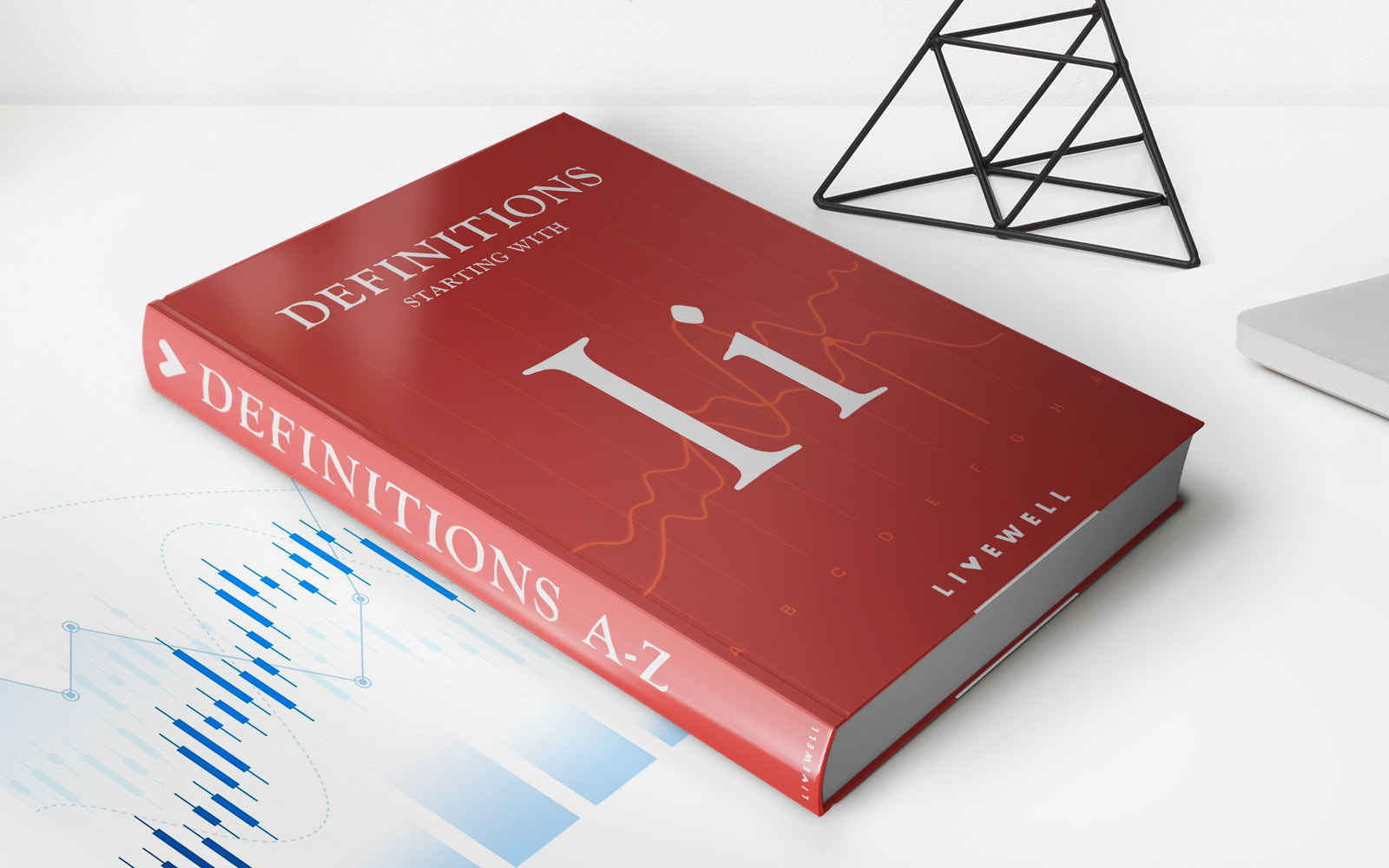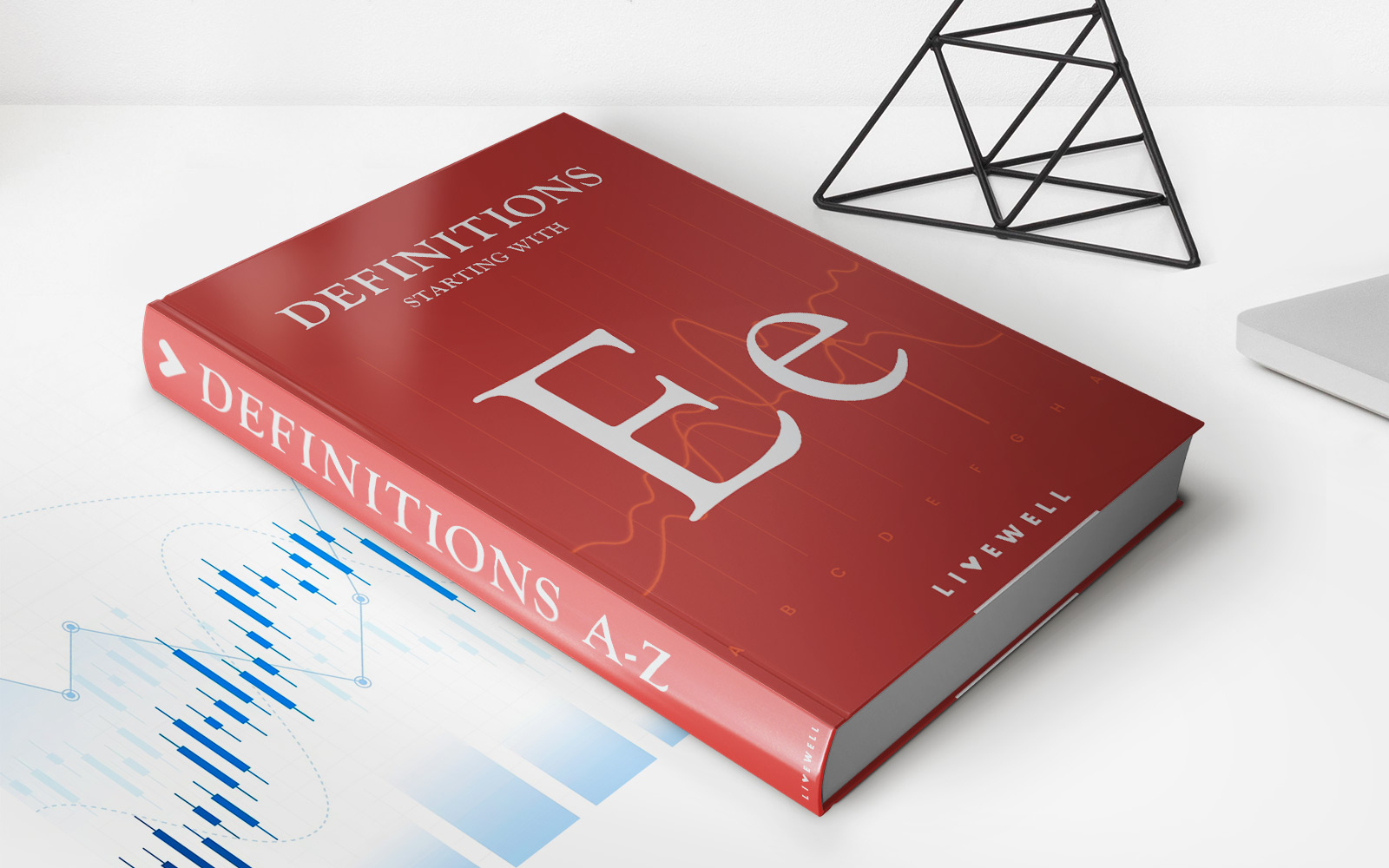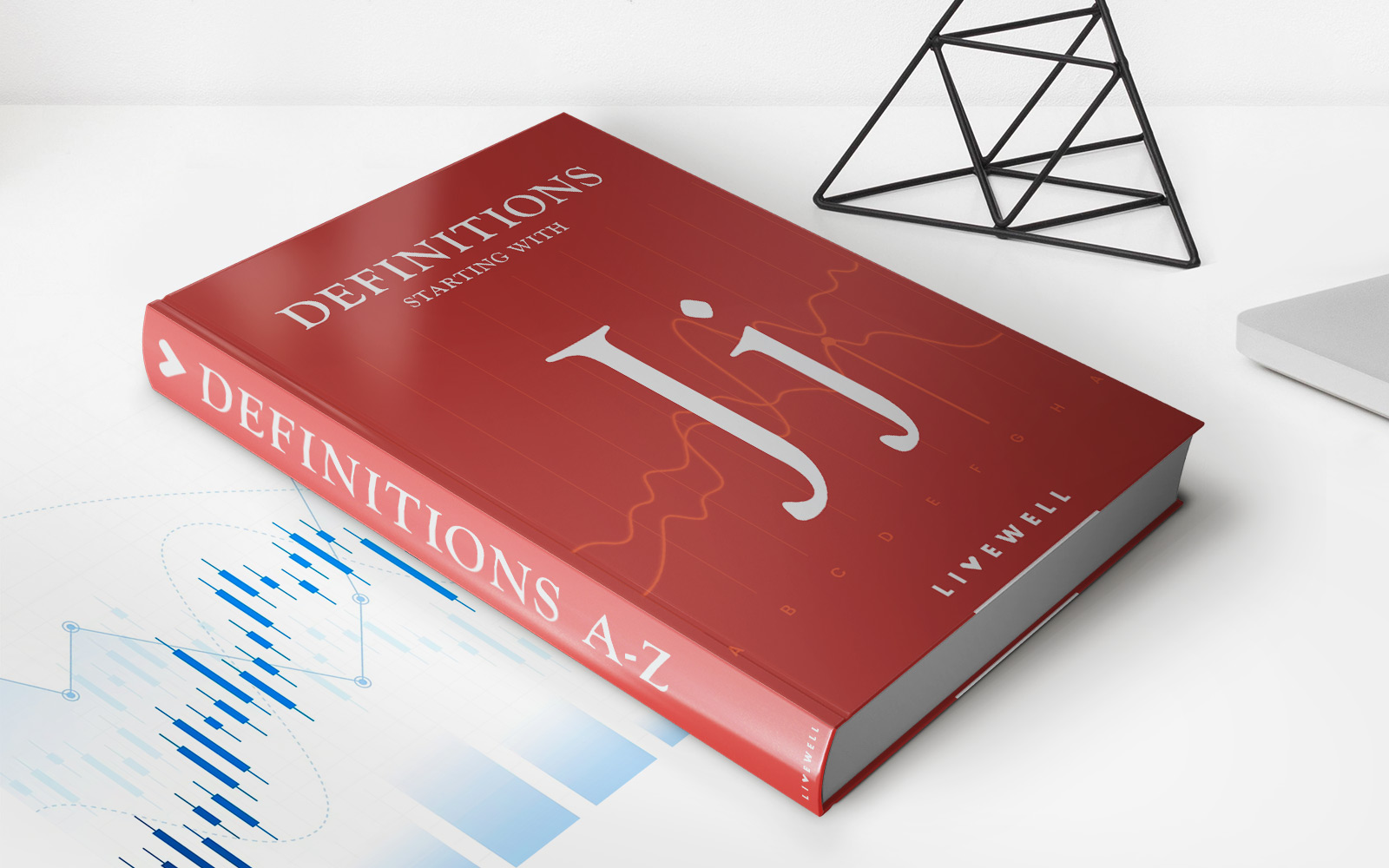

Finance
Jewelry Floater Definition
Published: December 14, 2023
Learn about the definition of jewelry floater and its importance in finance. Understand how this specialized insurance coverage helps protect valuable jewelry assets.
(Many of the links in this article redirect to a specific reviewed product. Your purchase of these products through affiliate links helps to generate commission for LiveWell, at no extra cost. Learn more)
What is a Jewelry Floater? Understanding the Definition and Benefits
When it comes to protecting your valuable jewelry, having the right insurance in place is crucial. One type of insurance coverage that you may have come across is a jewelry floater, but what exactly does it mean? In this blog post, we’ll delve into the definition of a jewelry floater and explain why it’s an important consideration for protecting your precious pieces.
Key Takeaways:
- A jewelry floater is a specialized insurance policy that provides coverage for valuable jewelry.
- It offers protection against loss, damage, theft, and even mysterious disappearance.
A jewelry floater is a type of insurance policy that specifically covers valuable jewelry items. While your homeowner’s insurance policy may provide some coverage for jewelry, it is often limited and may not adequately protect high-value items. A jewelry floater, on the other hand, provides additional coverage specifically tailored to the value and uniqueness of your jewelry collection.
Here are some key points to understand about jewelry floaters:
- Specialized Coverage: A jewelry floater is designed to provide coverage that goes beyond what a standard homeowner’s or renter’s insurance policy offers. It can protect against a wider range of risks, including loss, damage, theft, and even mysterious disappearance. This means that whether your jewelry is lost during travel, stolen during a break-in, or accidentally damaged, you can have peace of mind knowing that you have the necessary coverage to replace or repair your precious pieces.
- Appraisals and Documentation: To secure a jewelry floater, you’ll generally need to have your jewelry appraised by a reputable appraiser. The appraisal will help determine the value of your jewelry and enable the insurance provider to offer the appropriate coverage. It’s essential to keep detailed records, including photographs and receipts, as this documentation will be necessary in the event of a claim.
- Flexible Coverage Options: Jewelry floaters typically offer flexibility in terms of coverage limits and deductibles. You can discuss your specific needs and budget with an insurance agent who can help customize a policy that suits you. Remember, the coverage limit should be sufficient to replace or repair your jewelry at today’s market value.
- Premium considerations: The premium for a jewelry floater will depend on various factors, including the value of your jewelry, the coverage limits you choose, your location, and your claim history. It’s important to shop around and compare quotes from different insurance providers to ensure you’re getting the best coverage at a competitive price.
- Peace of Mind: Finally, having a jewelry floater can provide you with the peace of mind you need to fully enjoy your cherished pieces. Knowing that your jewelry is protected against unforeseen circumstances can alleviate the worry that often comes with owning valuable items.
In conclusion, a jewelry floater is a specialized insurance policy designed to provide comprehensive coverage for valuable jewelry. By understanding its definition, benefits, and considerations, you can make an informed decision about insuring your precious pieces. Remember, it’s always best to consult with an insurance professional who can guide you through the process and help you select the right policy for your jewelry collection.

